Why are Netanyahu's judicial reforms so controversial?
Opponents have warned the government's suggested reforms could be the end of democracy in Israel
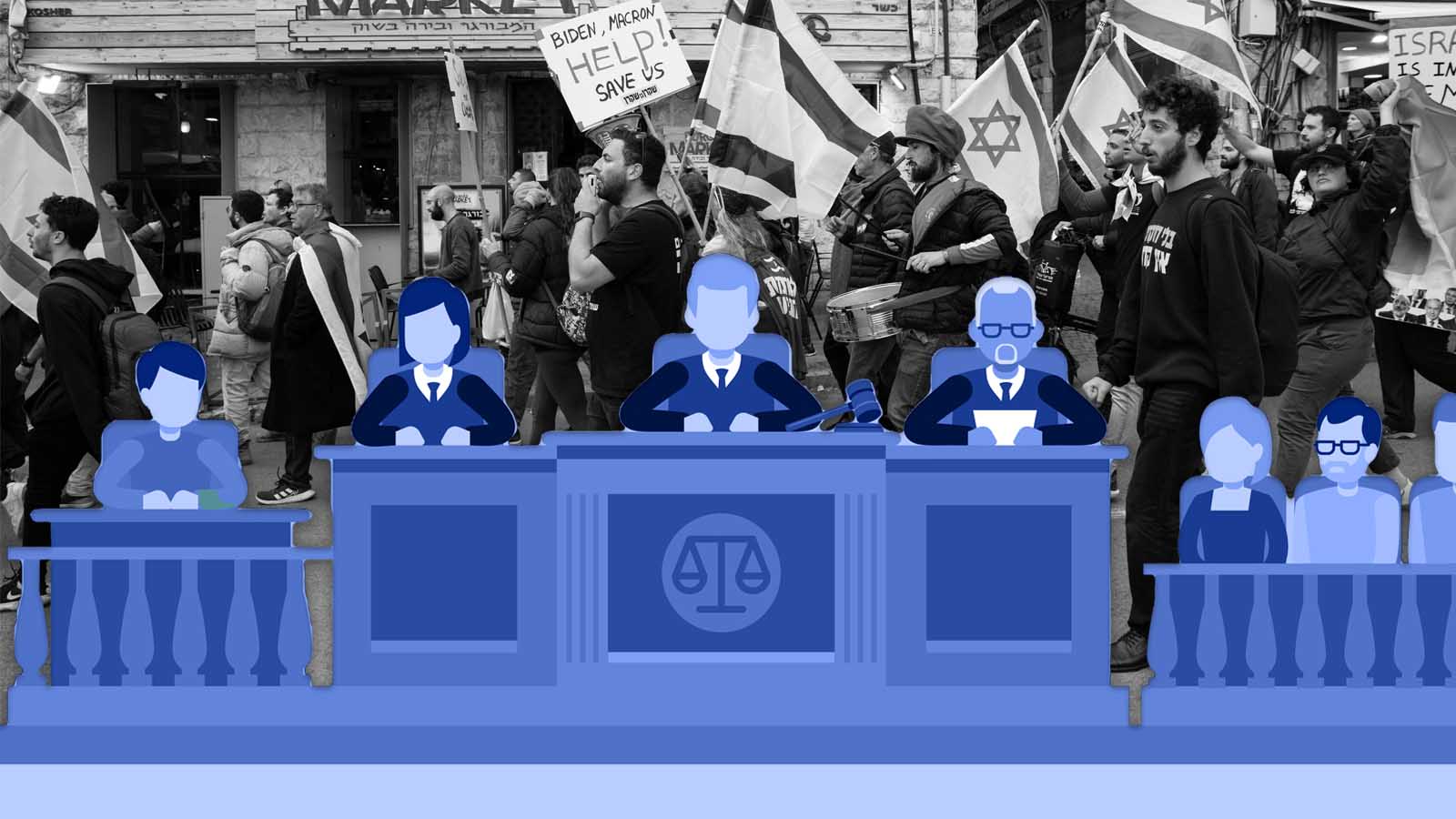
There have been mass protests in Israel over a plan by Prime Minister Benjamin Netanyahu to overhaul the country's judiciary system. Opponents have warned these reforms could be the end of democracy in Israel, and this past March, Yoav Gallant, Israel's defense minister, became the first senior member of the ruling Likud party to say the plan should be paused; in response, Netanyahu fired him, sparking an estimated 150 demonstrations across Israel, finally prompting Netanyahu to delay the reforms. However, after a months-long hiatus, Netanyahu is slated to begin pushing forward with portions of his agenda again.
What was Netanyahu's original plan?
Netanyahu, who returned to office for the third time at the end of 2022, is at the center of an ongoing corruption trial, and facing bribery, fraud, and breach of trust charges; he has denied the accusations. He is leading Israel's most far-right government in decades, with his cabinet announcing a series of proposals to reform parts of the Israeli parliament, or the Knesset, the most notable of which is a plan to give nearly unlimited powers to Netanyahu's own government by weakening the country's judicial system.
The initial keystone of this proposal, Israeli newspaper Haaretz reported, was a "plan to pass an 'override clause' that would allow the smallest possible majority in the Knesset to overrule decisions by the Supreme Court." This would be a key change, Haaretz noted, because Israel, unlike most democracies, does not actually have a written constitution.
The Week
Escape your echo chamber. Get the facts behind the news, plus analysis from multiple perspectives.

Sign up for The Week's Free Newsletters
From our morning news briefing to a weekly Good News Newsletter, get the best of The Week delivered directly to your inbox.
From our morning news briefing to a weekly Good News Newsletter, get the best of The Week delivered directly to your inbox.
As a result, "the separation between the legislative and executive branches is very weak as the government almost always holds a majority in the Knesset," meaning the Supreme Court is typically the only Israeli institution that can limit governmental powers. But Netanyahu's proposed reforms would mean that a simple 61-vote majority in the Knesset could trump any ruling by the court.
"The judicial reforms proposed ... will rebalance all power into the executive branch, and give whichever political wing is in control of the government inordinate power over its political rivals," The Jerusalem Post reported. Indeed, the "rebalancing of power created by the reform is actually the unbalancing of a sensitive system that already has few checks in place."
Why are people so angry about the plan?
Many opponents feel that Netanyahu's plans could have disastrous effects on Israeli democracy. The reforms "could open the door to previously unimaginable possibilities in Israel's democratic order," Haaretz wrote, citing possibilities like the shuttering of newspapers, the reconstitution of discriminatory laws, and the implementation of election rules that benefit one party over another.
"The proposed changes to selection are a real threat to the independence of the judiciary in Israel," Prof. Suzie Navot, a scholar at the Israel Democracy Institute, wrote in Fathom. "It is very problematic for Israel because the Supreme Court is the only branch — the last branch — with the power to limit government."
A free daily email with the biggest news stories of the day – and the best features from TheWeek.com
In response to the proposals, thousands of Israelis took to the streets in protest. In February, an estimated 100,000 people gathered outside the Knesset in Jerusalem in an effort to sway Netanyahu from enacting his reforms. The massive crowd chanted "Democracy!" as it made its way through the Israeli capital. Protesters included Yair Lapid, the country's previous prime minister and current leader of the opposition, who joined the masses in front of the Knesset.
Netanyahu initially dismissed the protesters, saying that the people who voted for his government "knew about the intention to enact a comprehensive reform of the judicial system." He added that his cabinet would "make the necessary changes in the judicial system, prudently and responsibly." However, following a phone call with President Biden this past March, Netanyahu's government announced a slight softening of the proposed reforms, with CNN reporting the concessions "would give Israeli governments less power to select new judges — but still more power than it has now." He had also agreed to postpone key aspects of the vote — at least temporarily.
Have any government officials spoken out against the plan?
Yes. While delivering a speech in March, Israel's defense minister, Yoav Gallant, said the judicial overhaul needed to be halted "for the security of Israel." He cited the fact that Israel Defense Force reservists have said they will not participate in training, and military members have been joining protests. In response, Netanyahu dismissed Gallant. After his firing was announced, demonstrations began springing up across Israel, with protesters in Tel Aviv starting bonfires and blocking roadways.
As tens of thousands of people gathered in the streets, several members of the Likud party began making public statements calling for the plan to be dropped or at least altered. "When the house is on fire, you don't ask who is right, but pour water and save its occupants," Culture and Sports Minister Miki Zohar tweeted. "If the prime minister decides to stop the legislation in order to prevent the rift created in the nation, we must support his position." Economy Minister Nir Barkat said Netanyahu could "stop and recalculate" the plan, saying the reforms are "necessary and we will do it, but not at the cost of a civil war."
What are Netanyahu's latest reform efforts?
Amidst the continuing protests that have besieged Israel into the summer, Netanyahu has continually promised to soften his proposals following his March call with Biden, The Guardian noted. Despite this, one aspect of the reforms is still moving forward under Netanyahu's direction, with an initial vote in the Knesset to eliminate the "reasonableness" standard. This clause allows the Supreme Court to overrule laws it deems "too political, implausible, or that undermine the public's trust in government," per The Guardian.
This vote is only the first step in a long governmental process, as additional votes would be required to eliminate the clause. However, striking down the "reasonableness" standard could potentially be the first step in allowing the government "to restrict civil liberties or undermine secular aspects of Israeli society," The New York Times reported. "The government decided to move ahead with lower-profile aspects of the overhaul, principally the scrapping of the reasonableness mechanism," the Times noted, after negotiations between the opposition and Netanyahu's cabinet broke down. So while Netanyahu hasn't pushed forward with "the most contentious parts of the plan," such as the passage of the override clause, this new push is a sign that he is still working to implement his reforms in other ways.
July 12, 2023: This article has been updated to reflect ongoing developments.
Justin Klawans has worked as a staff writer at The Week since 2022. He began his career covering local news before joining Newsweek as a breaking news reporter, where he wrote about politics, national and global affairs, business, crime, sports, film, television and other news. Justin has also freelanced for outlets including Collider and United Press International.
-
 The ‘eclipse of the century’ is coming in 2027
The ‘eclipse of the century’ is coming in 2027Under the radar It will last for over 6 minutes
-
 Striking homes with indoor pools
Striking homes with indoor poolsFeature Featuring a Queen Anne mansion near Chicago and mid-century modern masterpiece in Washington
-
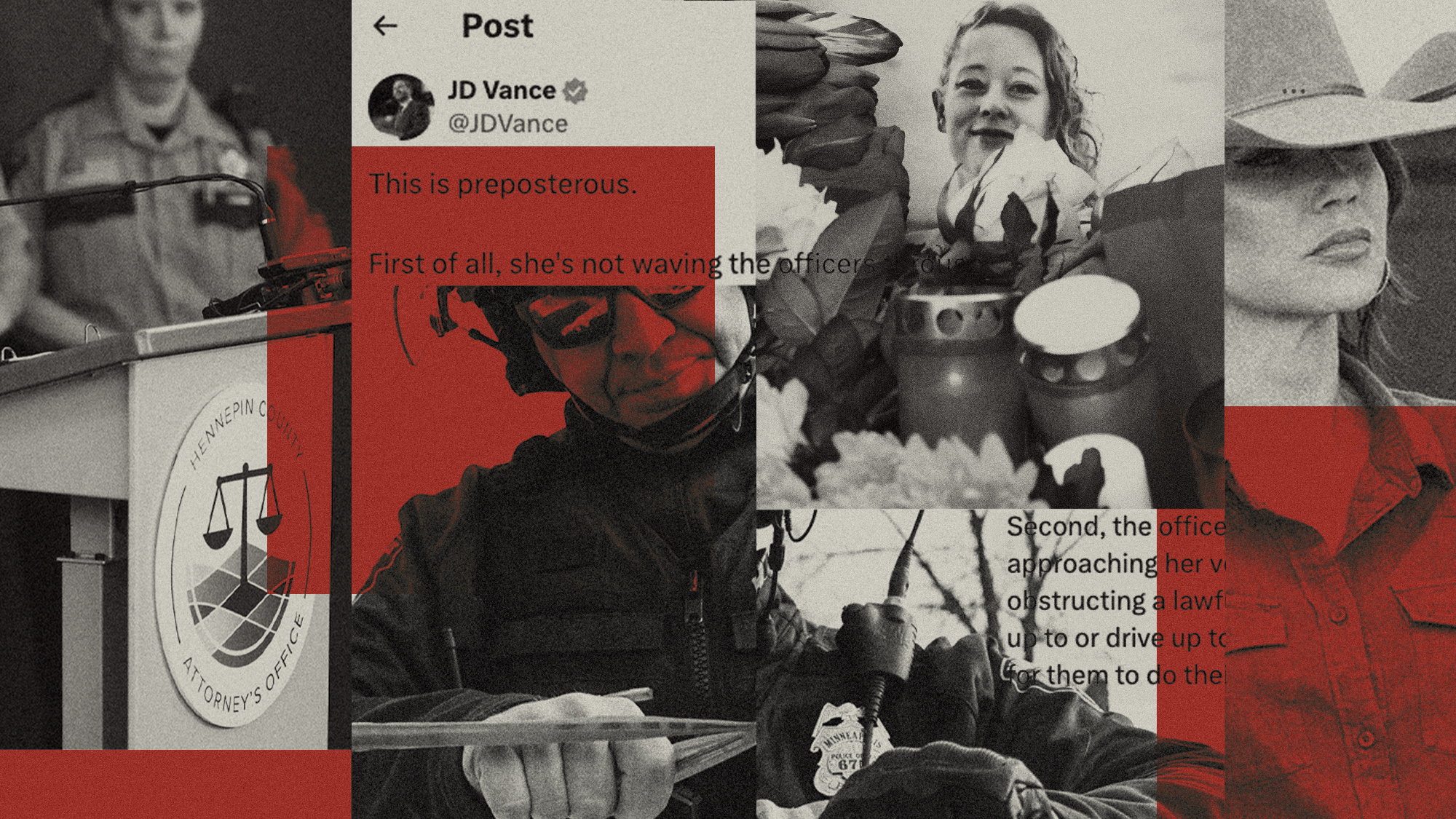 Why are federal and local authorities feuding over investigating ICE?
Why are federal and local authorities feuding over investigating ICE?TODAY’S BIG QUESTION Minneapolis has become ground zero for a growing battle over jurisdictional authority
-
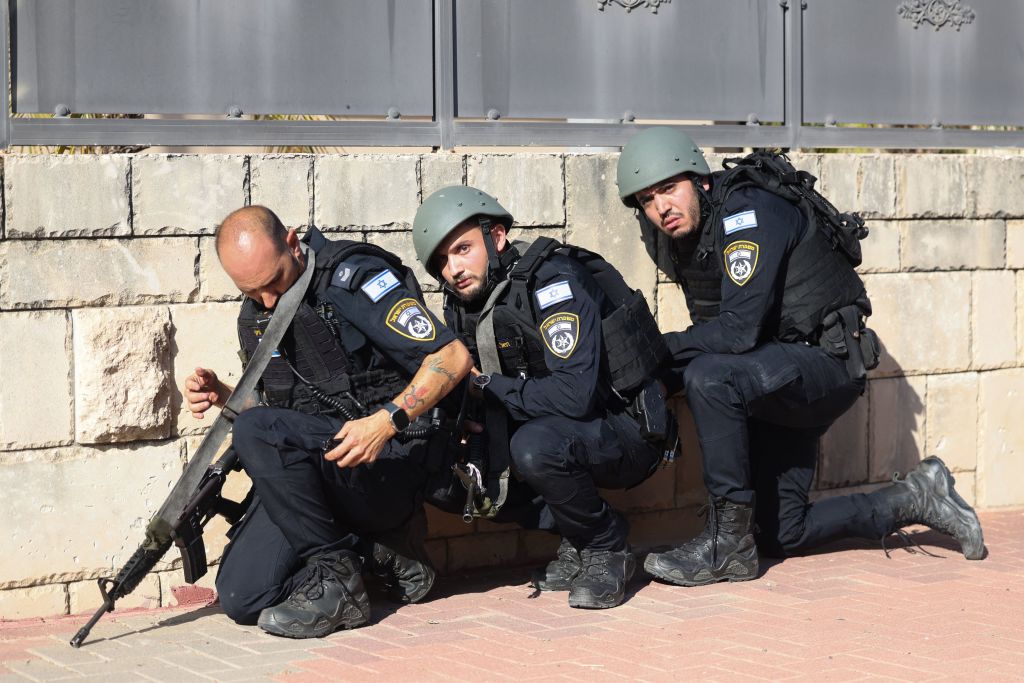 10 things you need to know today: October 7, 2023
10 things you need to know today: October 7, 2023Daily Briefing Israel 'at war' with Hamas following deadly surprise attack, Chuck Schumer leads bipartisan congressional delegation to China, and more
-
 Netanyahu’s reforms: an existential threat to Israel?
Netanyahu’s reforms: an existential threat to Israel?feature The nation is divided over controversial move depriving Israel’s supreme court of the right to override government decisions
-
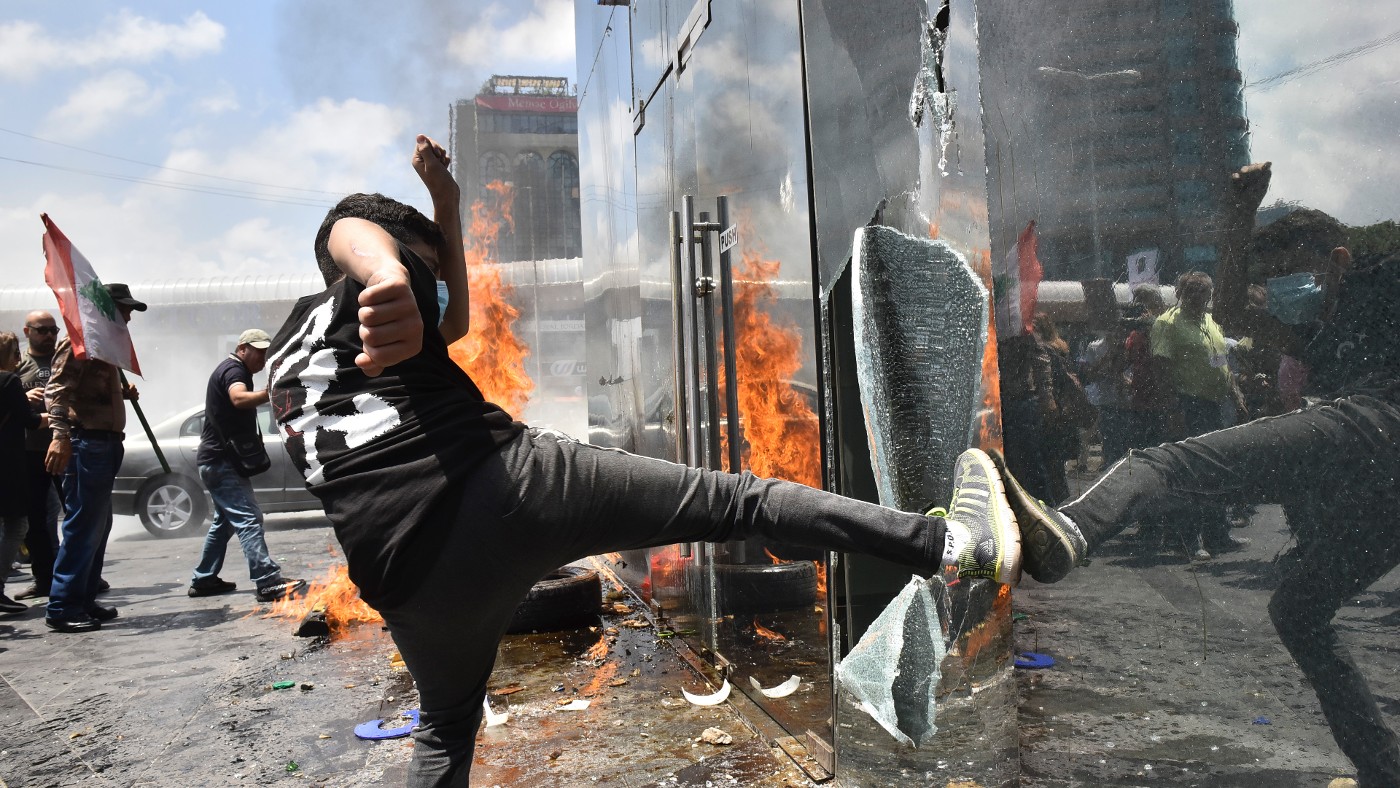 A country still in crisis: Lebanon three years on from Beirut blast
A country still in crisis: Lebanon three years on from Beirut blastfeature Political, economic and criminal dramas are causing a damaging stalemate in the Middle East nation
-
 The past controversies of Benjamin Netanyahu
The past controversies of Benjamin NetanyahuUnder the Radar The Israeli prime minister has been in hot water before
-
 Is the 'vibecession' over?
Is the 'vibecession' over?Speed Read The IMF reported that the global economy is looking increasingly resilient. Is it time to start celebrating?
-
 Israel on edge, Netanyahu hospitalized ahead of Supreme Court overhaul vote
Israel on edge, Netanyahu hospitalized ahead of Supreme Court overhaul voteSpeed Read
-
 The U.S. veterinarian shortage crisis
The U.S. veterinarian shortage crisisSpeed Read With an anticipated shortage of 15,000 vets by 2030, it will be harder to get care for pets
-
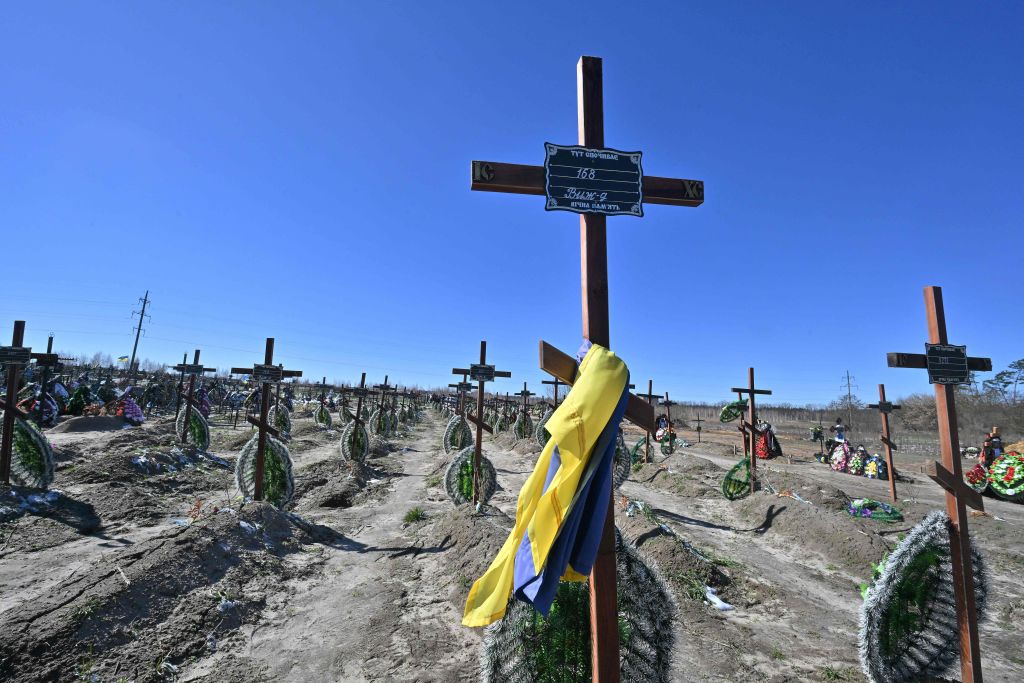 Inside Russia's war crimes
Inside Russia's war crimesSpeed Read Occupying forces in Ukraine are accused of horrific atrocities. Can they be held accountable?


